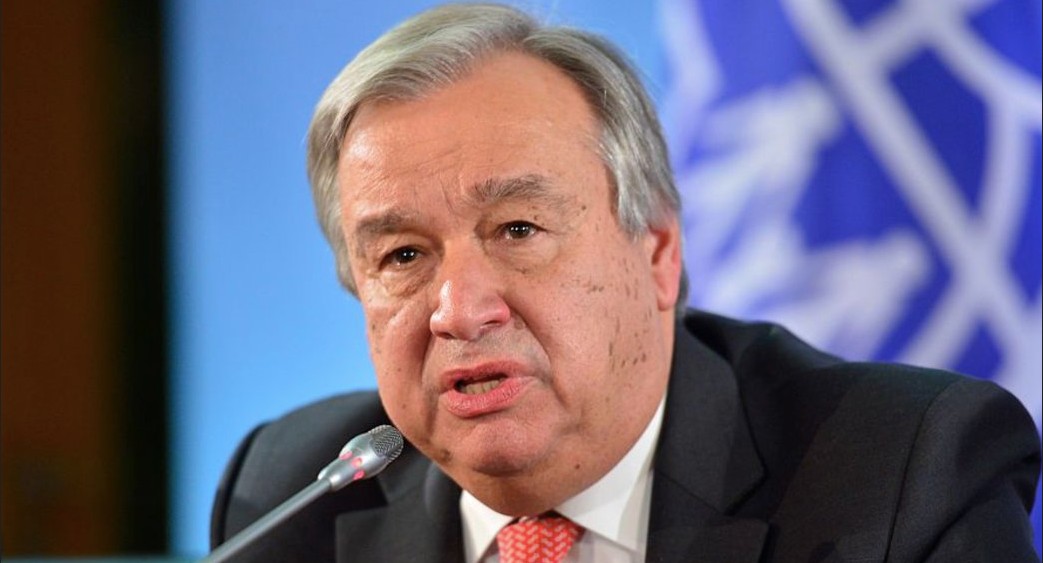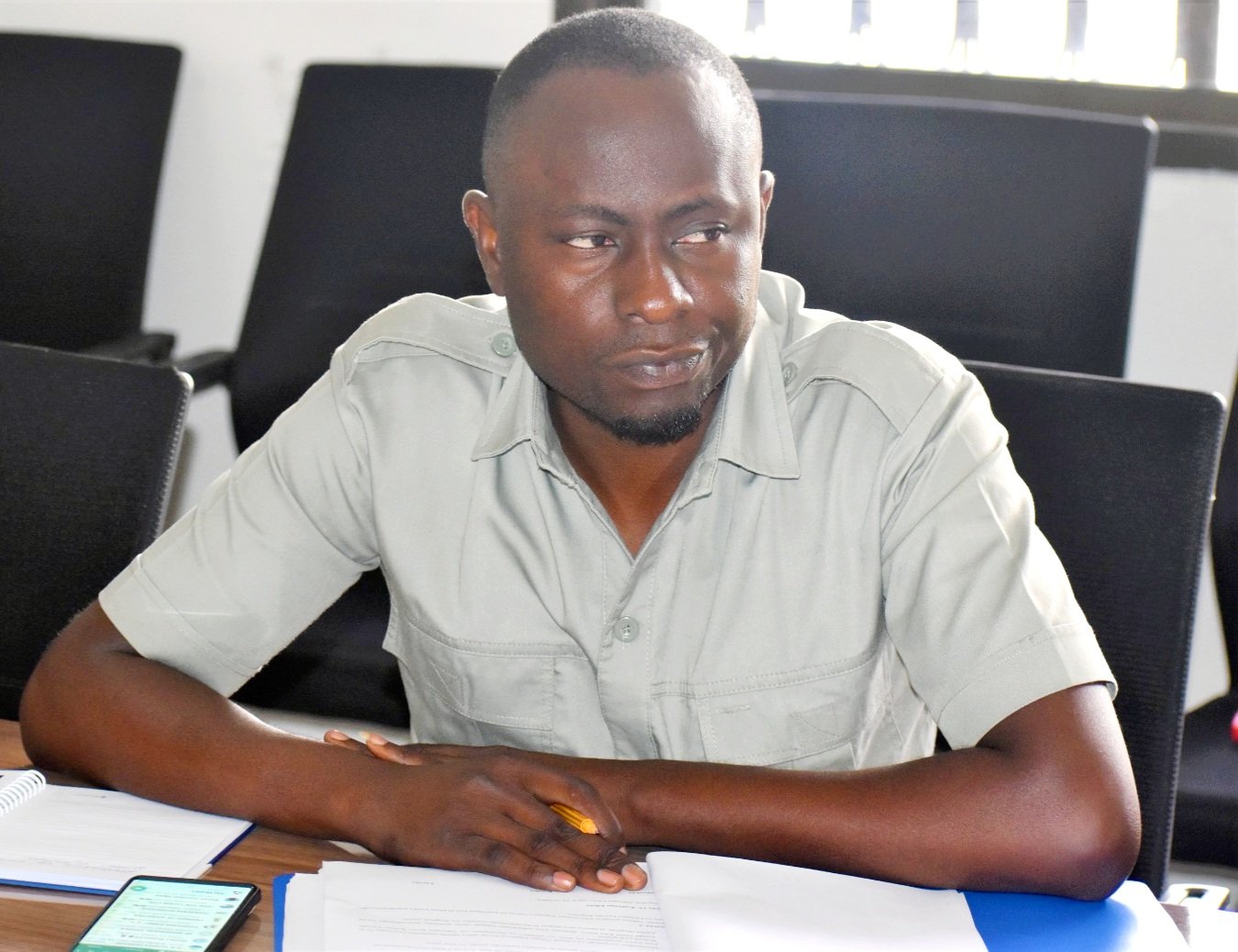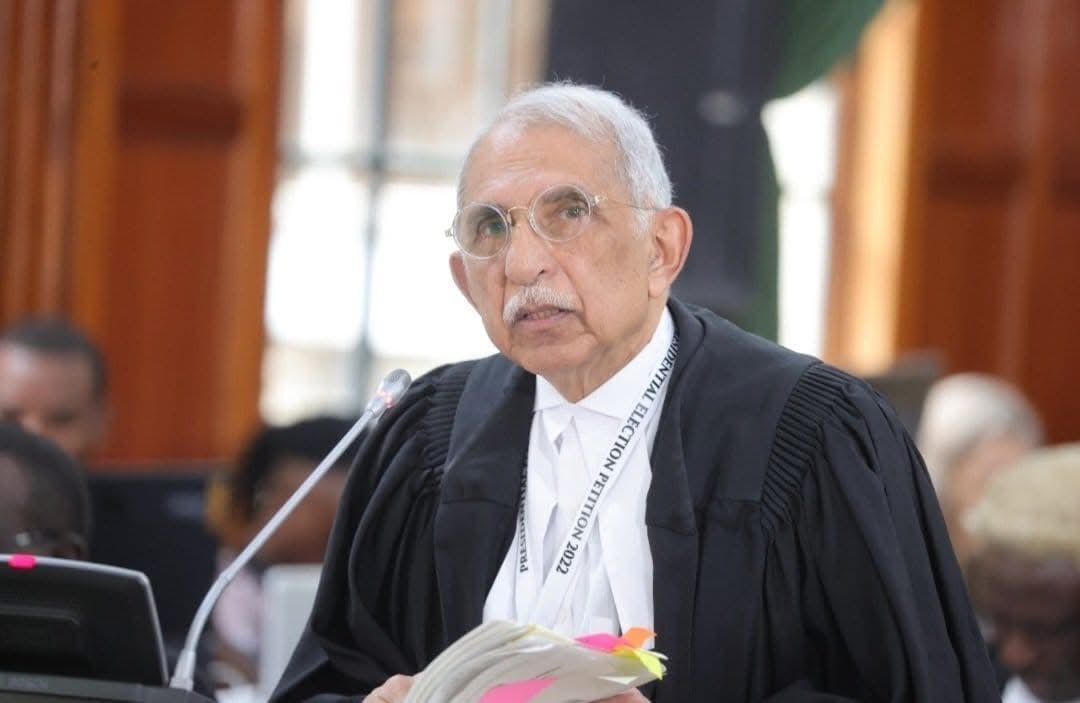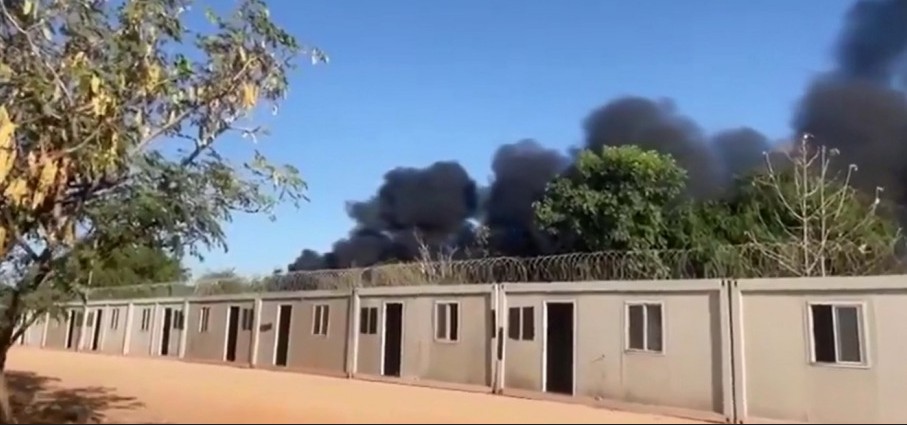Government announces new strict measures on LPG refilling, licensing
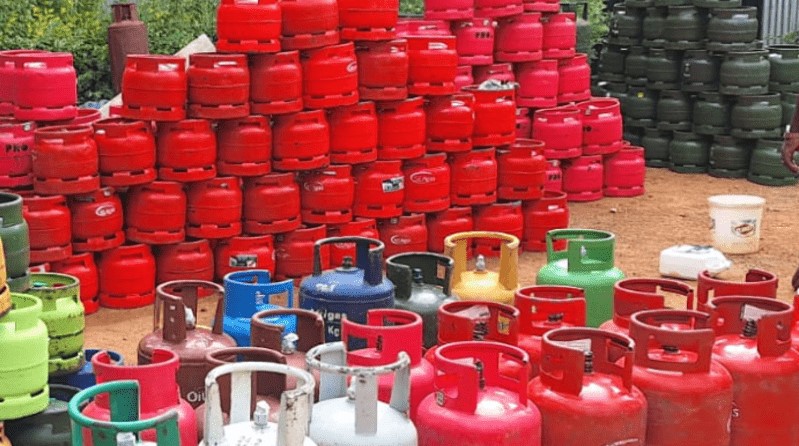
The regulations follow a deadly gas explosion in February 2024 that claimed six lives and injured over 200 people.
The government has announced new regulations in the energy sector, including restrictions on refilling LPG cylinders between 6 am and 6 pm.
The changes, introduced by Energy Cabinet Secretary Opiyo Wandayi, aim to enhance safety and accountability in the sector.
More To Read
- Fuel prices hold steady for December–January despite fluctuating global oil costs
- Three-week drop in benchmark crude sets up Kenyans for further fuel price relief
- Consumers to get more units for less as electricity tariffs decline
- Kenya moves to end power shortages and lower electricity costs
- Matatus take EPRA and City Hall to court over ban on passenger pickups at fuel stations
- Fuel prices remain unchanged in November EPRA review
According to Wandayi, exceptions to the new time restrictions can only be granted by the Energy and Petroleum Regulatory Authority (EPRA).
Under the amendments, autogas stations must also adhere to specific operational hours determined by EPRA’s local guidelines.
Operators are also required to have proper licences or permits, with non-compliance resulting in hefty fines, business closures, or both.
Wandayi said safety violations, such as failing to meet fire extinguisher, emergency control, or storage standards, will similarly attract penalties.
Further, operators engaging in unauthorised activities such as refilling, tampering with cylinder seals, or failing to requalify cylinders will face financial sanctions and other disciplinary actions.
“Non-compliance could see sector players facing licence suspensions of up to nine months or, in severe cases, permanent revocation,” he warned.
The regulations follow a deadly gas explosion in February 2024 that claimed six lives and injured over 200 people. The CS said the tragedy highlighted the need for stricter safety measures in the LPG sector.
However, industry players have criticised the measures, terming them excessive and detrimental to businesses. They argue that restricting operating hours contradicts Kenya’s push for a 24-hour economy and could disrupt the supply-demand chain.
Concerns have also been raised over the increase in the number of licensed gas cylinder owners from 30,000 to 70,000 under the proposed regulations, which stakeholders believe could discourage investment in the sector.
President William Ruto recently formed a taskforce to investigate business and capital flight from Kenya, and these concerns have added to the ongoing discourse.
On the consumer side, the regulations will require LPG suppliers to maintain accessible complaint resolution systems, with unresolved issues escalated to EPRA.
Wandayi noted that consumers will also be entitled to refunds for deposits paid when acquiring LPG cylinders, with the deposit amount fixed by the regulations and protected against deductions for cylinder wear or degradation.
He reiterated that the measures are necessary to ensure safety and accountability in the energy sector.
Top Stories Today

